Although I already live on the edge of a rural town, the reduction in traffic volume has made listening and paying attention to nature much easier.
The peace of a morning mug of coffee sitting in my garden while listening to the chirp of birdsong is much more tranquil than listening to growling engines and the crunch of tyres struggling to climb the hill going through the middle of my housing estate.
Lockdown Helped Us Create A Closer Bond With Nature
Sustainable Living | 1st July 2020 by Michelle Newbold
One of the most striking things about living through the lockdown is the collective realisation that nature and our local environment has become one of our most prized assets.
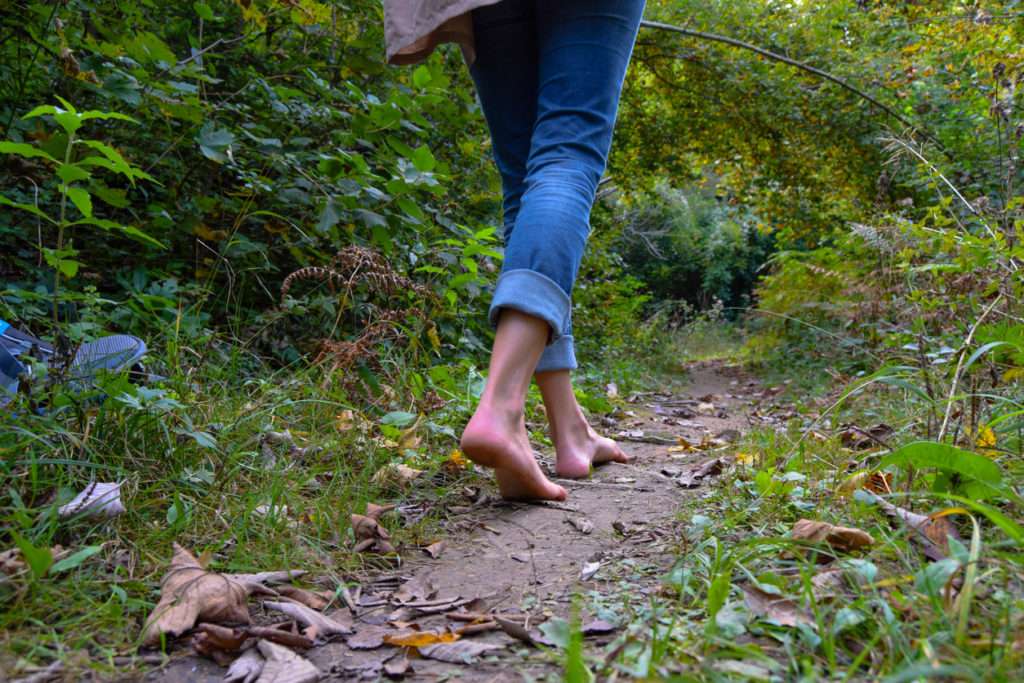
Although I already live on the edge of a rural town, the reduction in traffic volume has made listening and paying attention to nature much easier.
The peace of a morning mug of coffee sitting in my garden while listening to the chirp of birdsong is much more tranquil than listening to growling engines and the crunch of tyres struggling to climb the hill going through the middle of my housing estate.
Taking advantage of nature on your doorstep
With the convenience of cars, people tend to drive to places of beauty so they can escape in an effort to seek out nature. The first three months of the lockdown meant we had no choice but to take advantage of what’s on our doorstep with the one piece of exercise we were permitted each day.
This led more of us to explore and notice the local countryside and green spaces we never knew existed and to discover nature in a way we never really appreciated before.
With schools closing, I have noticed a lot more parents taking their children out to explore the local countryside and follow well-established walks that are both entertaining and educational. Arguably, much more fun (and healthier) than sitting in a dark classroom for hours each day!
We have a greater appreciation of green spaces
Knowing how good escaping into nature can make us feel, I hope when we return to normal or create our new normal that we will carry on appreciating how being immersed in nature makes a positive difference to our lives.
It seems the lockdown has made people feel more connected with nature. According to research conducted by the Campaign to Protect Rural England (CPRE) and the Women’s Institute, 53% of people polled said they now appreciate local green spaces more, and 63% said protecting and enhancing green spaces should be a higher priority when lockdown ends.
Lockdown has emphasised that our ability to get outdoors and into nature does affect our mental and physical health. There are great physical and mental health benefits to be gained by engaging with nature. Taking the time to connect with and appreciate our natural environment can have a hugely positive effect on our overall wellbeing which may go some way to explain why some solos have thrived during the lockdown.
Making connecting with nature a healthy habit
The importance of nature on our mental health led to the Wildlife Trust creating a challenge called 30 Days Wild, which involved taking up a daily activity in nature every day during the month of June.
Challenges included what the Trust calls ‘random acts of wildness’ ranging from sitting under a tree and gazing up through the leaves and branches, walking barefoot on grass, to sitting by a stream or watching birds feed in your garden.
The mental health charity Mind also encourages people to interact with nature as a positive way to boost mental health. Their research has shown connecting with nature can help with:
- Taking time out and feeling more relaxed
- Improving confidence and self-esteem
- Improving mood
- Improving physical health by being more active
- Reducing feelings of stress or anger
What has also been discovered is that people who previously didn’t have much of a connection with nature seem to benefit most and the positive effects can last for many months going into winter.
Adopting more sustainable lifestyles
As well as all the obvious benefits coming from deepening our connection with nature, the lockdown has also nurtured a greater level of sustainability in people’s lifestyles.
For example, taking up a new hobby has been an empowering way to reclaim our own time during the lockdown. Many of us have taken up gardening and growing our own herbs and vegetables as a healthy way to spend time outdoors, but also to gain something productive out of a new hobby.
Not only has the lockdown enabled many of us to start new hobbies, it has allowed us to hone skills we had before but seldom had time for pre-lockdown. If we didn’t have signs of those skills before, then the lockdown has given us the chance to develop new skills and interests based around our home.
This extra time has been a welcome addition to our lives, allowing us to rediscover previous passions such as cooking from scratch, baking, sewing, knitting, cycling, walking, yoga or woodwork projects and DIY.
Hobbies that don’t rely on having lots of money
Just like escaping into nature, focusing on new or old hobbies and self-care is having a positive effect on our mental health and our ability to live more sustainably. It has also helped us to structure our time in a good way that will hopefully be retained long after things have returned to normal.
But one of the most striking things about the lockdown is the rise amongst many of us taking up hobbies that don’t necessarily depend on money. We have been compelled to discover ways to entertain ourselves and fill our time with activities using resources we already have or cost very little, to begin with.
Whether it has been picking up an old cookbook that has been collecting dust on a shelf for years, or buying a couple of knitting needles and a ball of wool and learning to knit, we are enjoying sustainable hobbies that we don’t need to pay for the privilege to do.
Some fine examples of sustainable hobbies are learning to sew and make our own curtains, cushion covers and clothes; shredding old, worn-out t-shirts to make rag-rugs; dusting off old tools sitting in the shed and making new bookshelves, bird feeders, garden planters; or making garden furniture from old wooden pallets.
Now that it looks as though the lockdown is heading into the final stretches, I really do hope we take the time to keep up the free activities we were compelled to enjoy during the tough times of lockdown and they become continued and sustainable hobbies we grow to cherish.
If the saying is true that it takes just 21 days to make something a habit, I feel confident that a lot of people will come out of this extraordinary time in our history with a higher level of mindfulness and appreciation for what natural gifts we have on our doorstep, and how a resourceful spirit can help us to live more sustainable lives.
Lockdown Helped Us Create A Closer Bond With Nature
Share this post:
Hear from Solo Living now and then by signing up to our mailing list

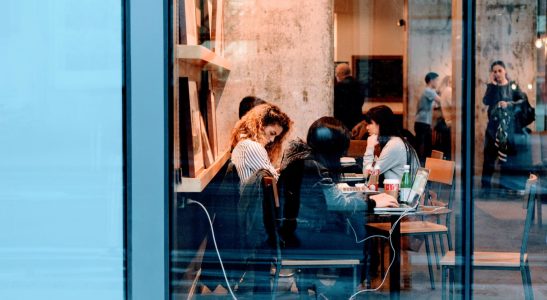
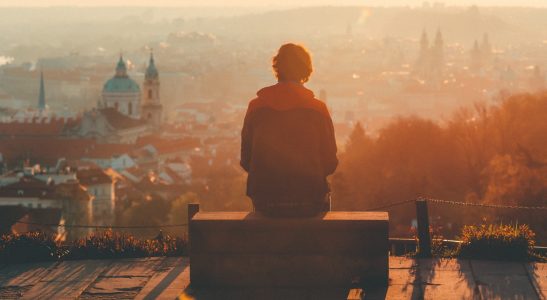
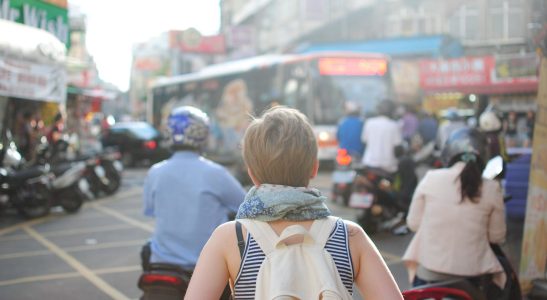














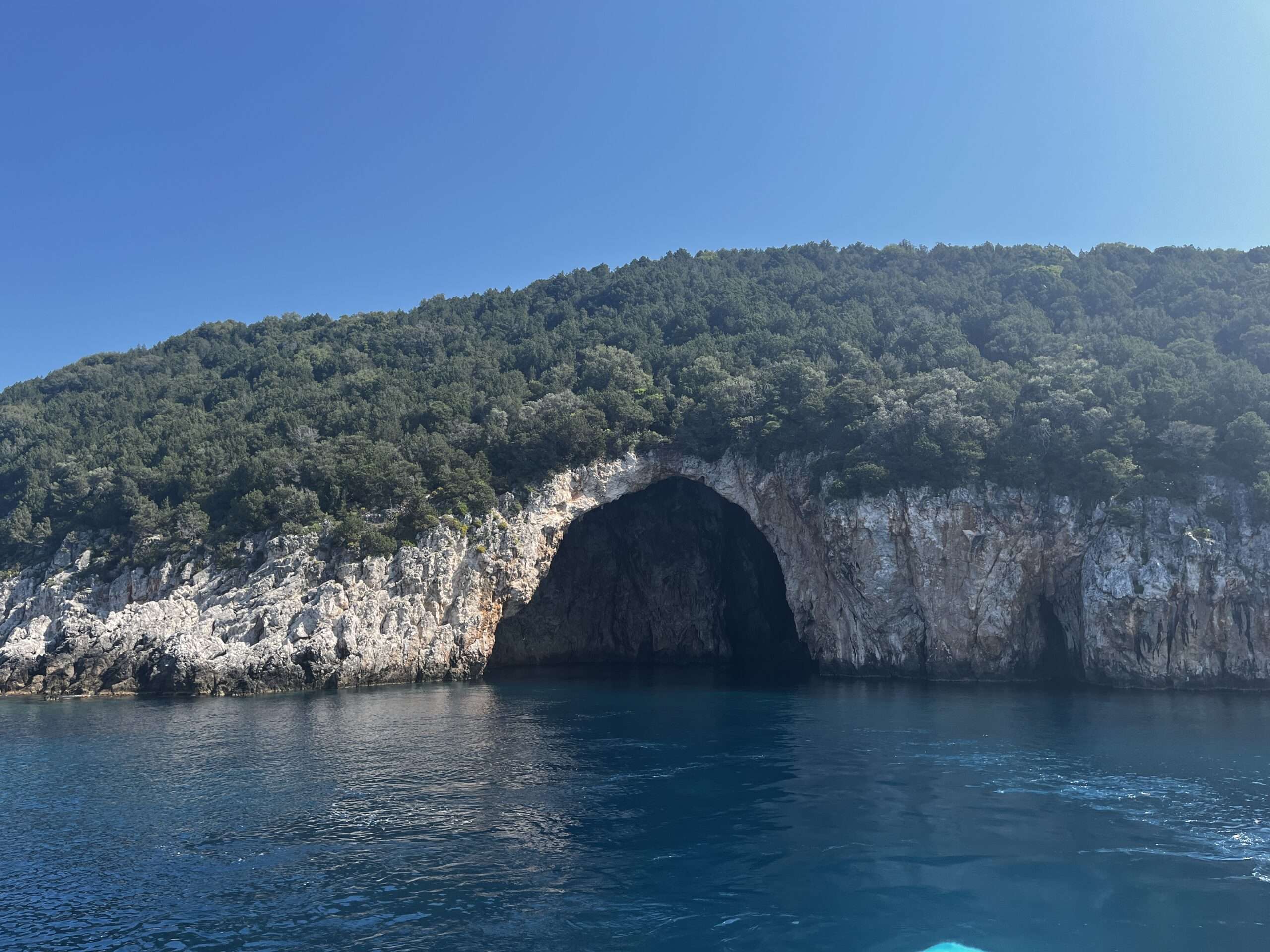
2 thoughts on “Lockdown Has Helped Us Create A Closer Bond With Nature”
This is all so true! I took the time to do the 30 days wild challenge this year because we were home and out and about locally so much more. It’s been brilliant ??
Regardless of the block or not, in nature I only walk barefoot.
Because … “”Going barefoot is the gentlest way of walking and can symbolise a way of living – being authentic, vulnerable, sensitive to our surroundings. It’s the feeling of enjoying warm sand beneath our toes, or carefully making our way over sharp rocks in the darkness. It’s a way of living that has the lightest impact, removing the barrier between us and nature” – Adele Coombs, “Barefoot Dreaming”